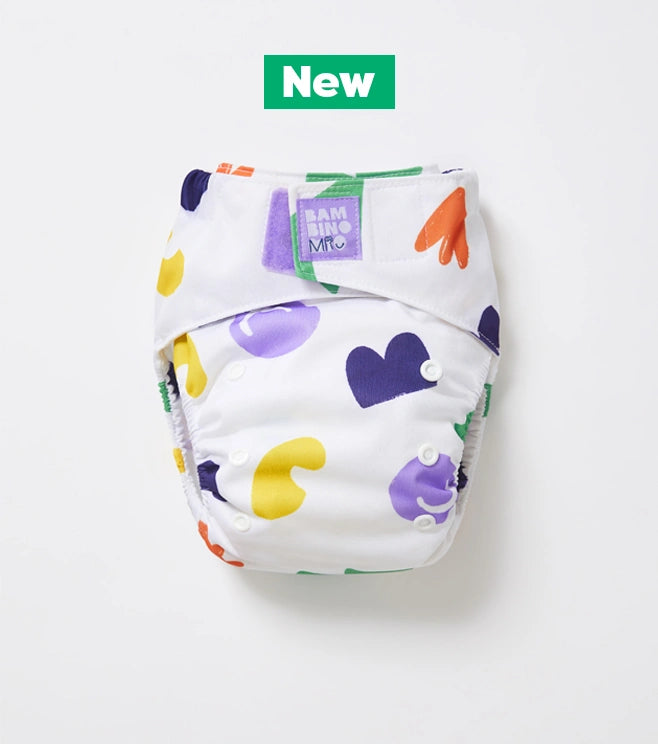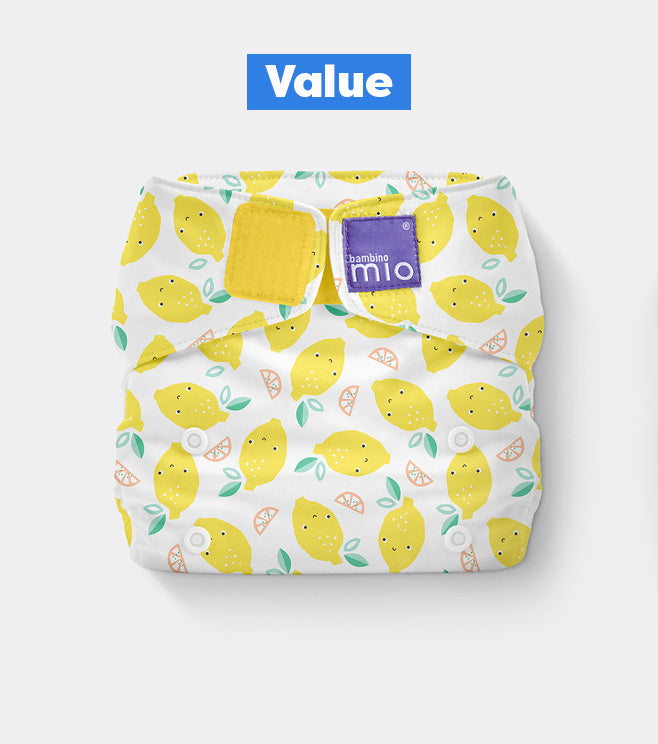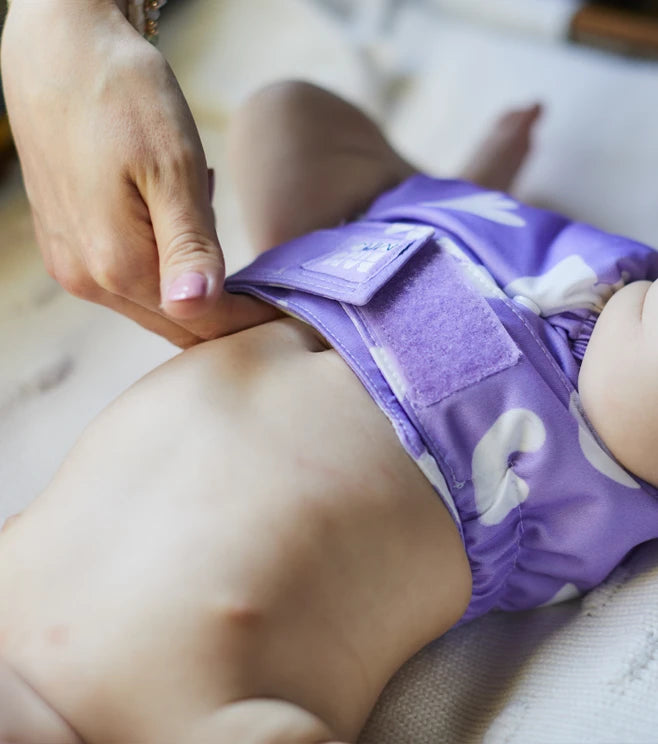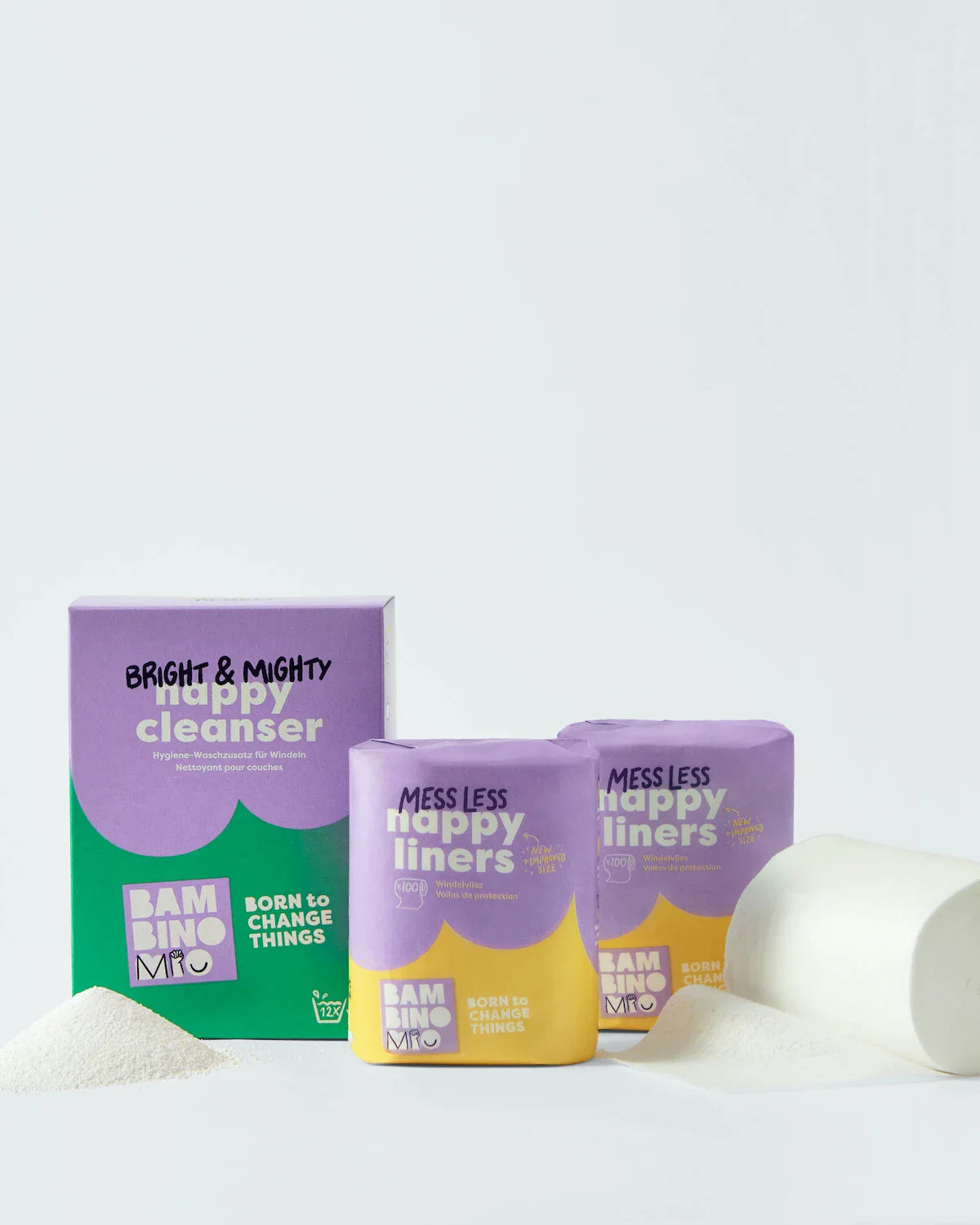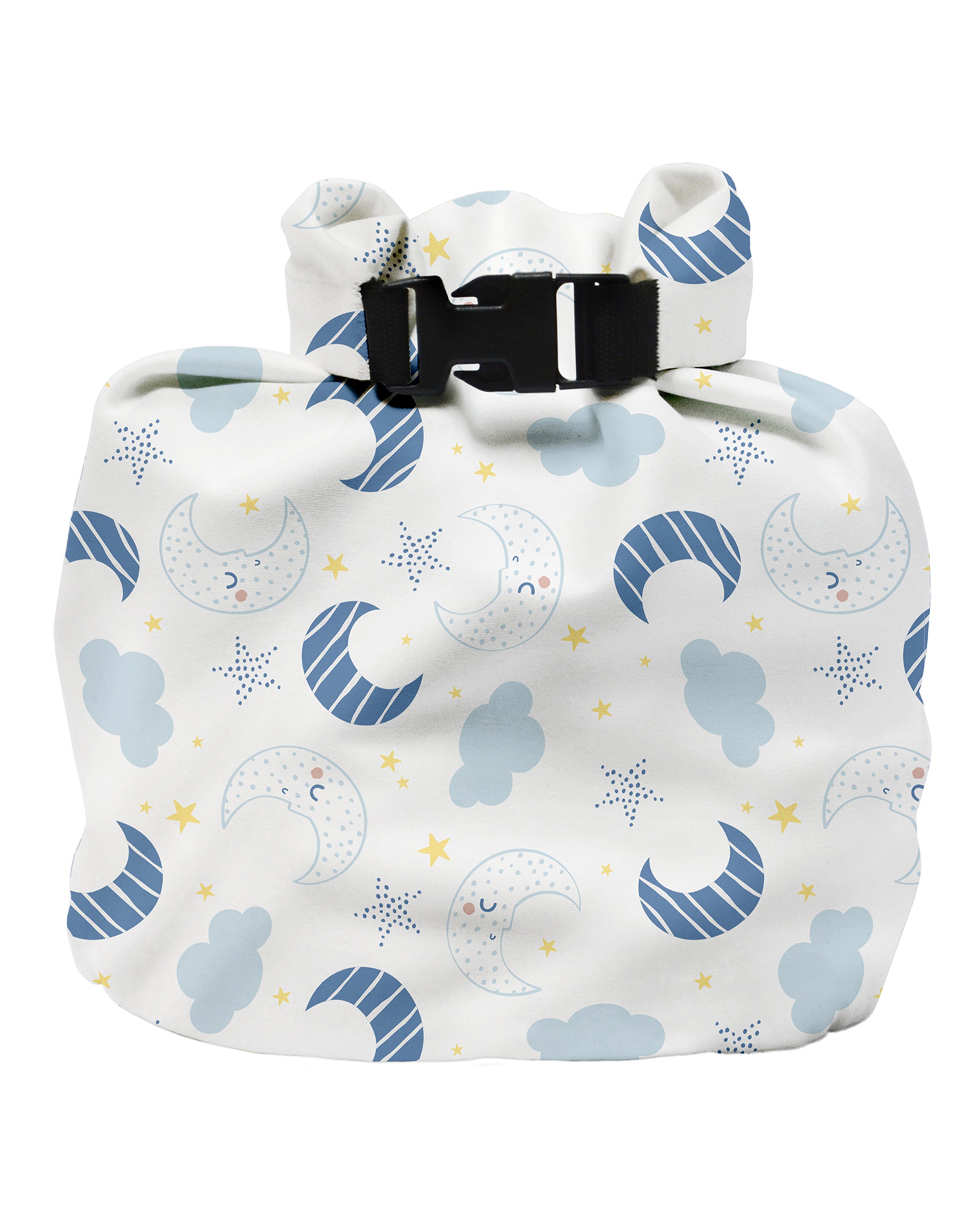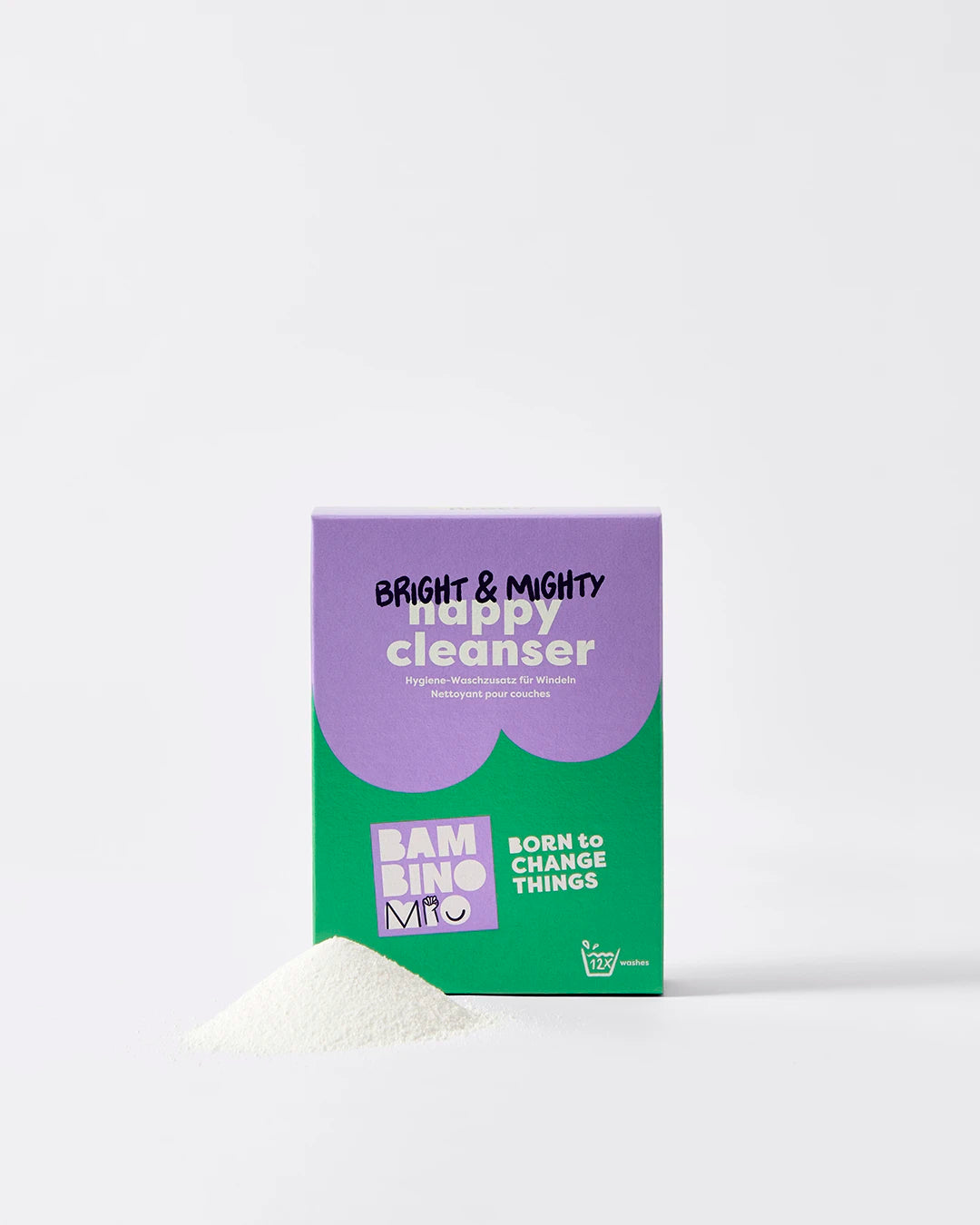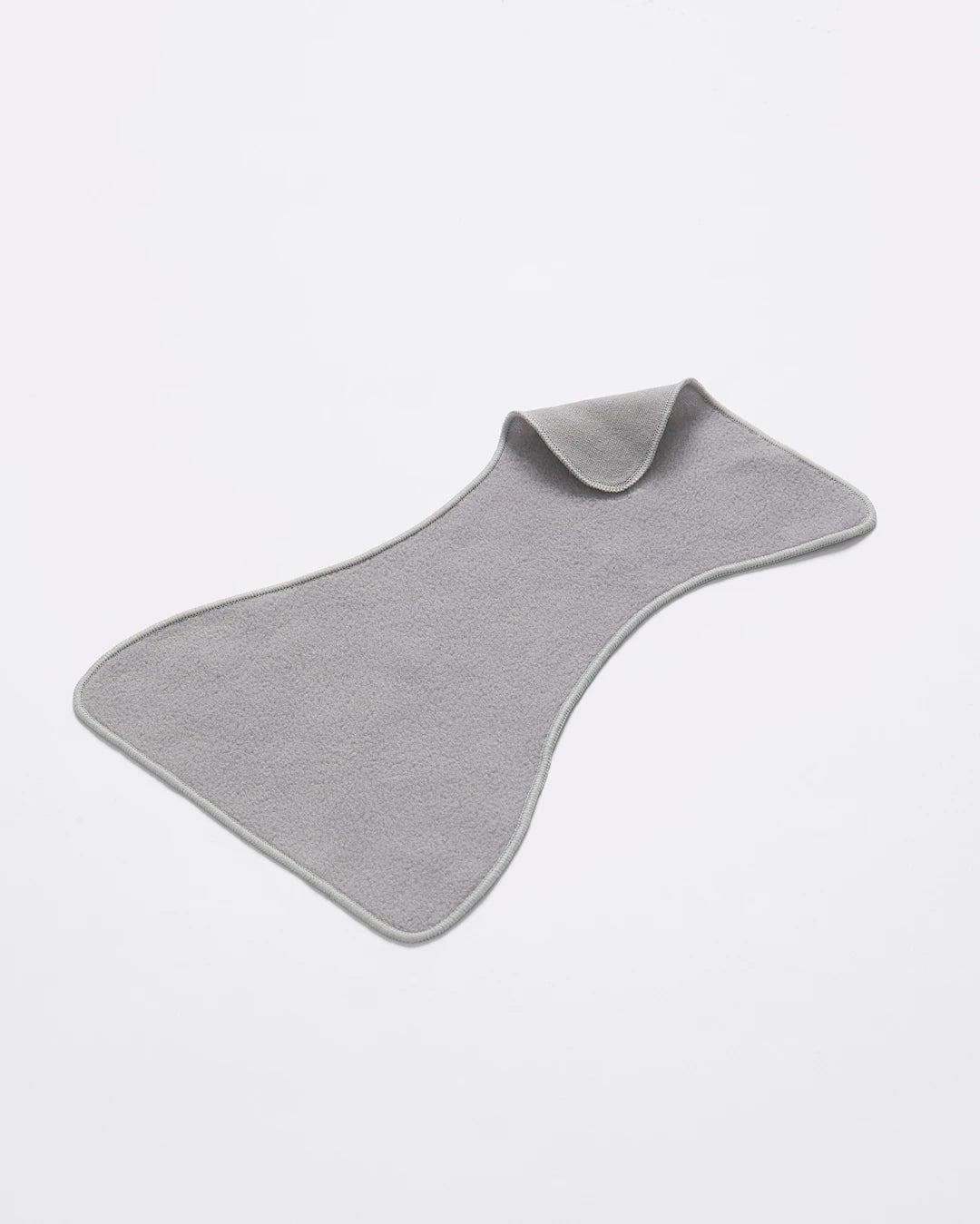Episiotomy | Glossary of Pregnancy & Baby Term
Share Options
- Bambino Mio
- 24 / 07 / 2023
Inside this Article:
What is an episiotomy?
An episiotomy is a surgical incision into your perineum, the area between your vagina and your anus, which creates more room for your baby to be born through.
Why might I need an episiotomy?
Your midwife or obstetrician might offer an episiotomy (1) if they feel you need one. It’s not a routine procedure and you’ll only need one if:
- Your baby needs to be delivered quickly
- You’ve been pushing for a long time and if you’re having an assisted birth
- Your baby is breech and you need assistance
- You ‘re at risk of a very bad natural tear - your midwife can angle the cut away from your anus so the tear doesn’t damage it
Do I have to have an episiotomy?
You don’t have to have an episiotomy and if you feel strongly you can talk to your midwife and detail this preference in your birth plan (2).
You can also discuss positions which can help to reduce the chance of an episiotomy, such as remaining upright.
Does an episiotomy hurt?
Probably not as you’ll either have had an epidural or your midwife will have given you a local anaesthetic to numb your perineum. If there’s no time for pain relief your midwife may make the cut at the height of a contraction so you’re less likely to notice it.
Once you’ve delivered your baby and the placenta your midwife or doctor will carefully sew your perineum back up with the help of a local anesthetic if necessary.
How do I keep the episiotomy wound clean?
To keep your episiotomy wound clean and help it to heal you should:
- Change your maternity pad every three or four hours
- Wash your hands before and after changing the pad
- Have a shallow bath at least once a day and especially after a bowel movement
- Pat your wound dry with a soft, clean towel
Keep an eye on your episiotomy wound and let your midwife know if:
- You have red or swollen skin around the site
- There’s pus or any other fluid seeping out
- The pain is worse or isn’t reducing
- Your wound smells bad or unusual
How do I deal with the pain of my episiotomy?
Your episiotomy site will hurt for a week or two, but you can help yourself by:
- Pouring warm water over your vulva when you wee to dilute your urine so it stings less
- Supporting your stitches with a wad of toilet paper when you have a poo
- Eating high-fibre foods and drinking lots of water so you don’t get constipated
- Placing a cool pack (wrapped in a towel) against your stitches for 10 to 20 minutes once an hour or so
- Take paracetamol or ibuprofen for pain and swelling - both are safe if you’re breastfeeding (3), although check with GP if you’re OK to take ibuprofen
How long does an episiotomy take to heal?
You should be more comfortable 10 to 14 days after your episiotomy and fully healed after a month or so. Your GP can check your perineum at your six-week postnatal appointment (4).
Citations and References
- National Health Service (NHS). ‘What Happens in Labour and Birth. Episiotomy and Perineal Tears.’ 2023. Web. www.nhs.uk/pregnancy/labour-and-birth/what-happens/episiotomy-and-perineal-tears
- National Health Service (NHS). ‘Preparing for the Birth. How to Make a Birth Plan.’ 2021. Web. www.nhs.uk/pregnancy/labour-and-birth/preparing-for-the-birth/how-to-make-a-birth-plan
- National Health Service (NHS). ‘Breastfeeding and Lifestyle. Breastfeeding and Medicines.’ 2022. Web. www.nhs.uk/conditions/baby/breastfeeding-and-bottle-feeding/breastfeeding-and-lifestyle/medicines
- National Health Service (NHS). ‘Support and Services. Your 6-week Postnatal Check.’ 2022. Web. www.nhs.uk/conditions/baby/support-and-services/your-6-week-postnatal-check



